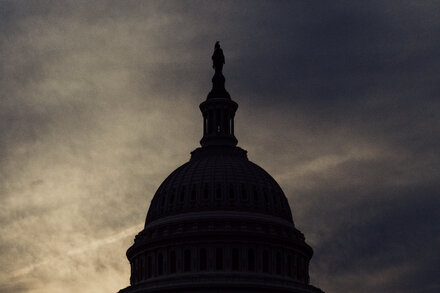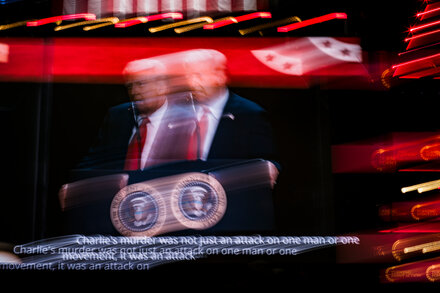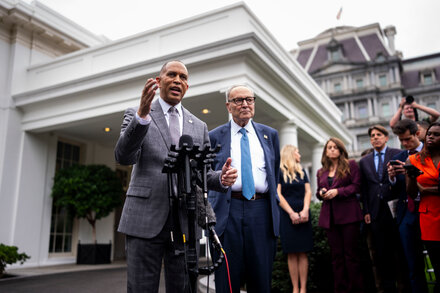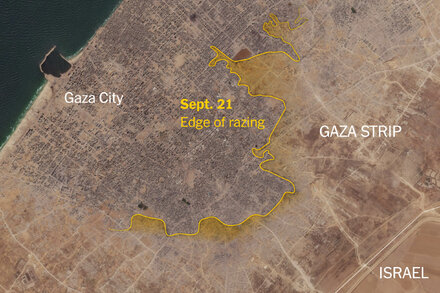A growing chorus of critics is calling on the Pentagon to retract what they describe as a restrictive “secrecy pledge,” arguing that the policy undermines government transparency, accountability, and the public’s right to information. The debate centers on the Department of Defense’s recent directives, which are perceived by some as expanding classification authority and limiting the flow of information to Congress and the public.
Advocacy groups, former intelligence officials, and members of the press have voiced concerns that the pledge, reportedly aimed at strengthening national security protocols, could inadvertently stifle legitimate oversight and investigative journalism. The specific details of the pledge have not been fully released, but sources suggest it involves enhanced internal controls over classified information and stricter penalties for unauthorized disclosures.
Concerns Over Transparency and Oversight
Critics contend that while national security is paramount, an overly broad secrecy policy risks creating an environment where vital information is withheld from those responsible for democratic oversight. They argue that a lack of transparency can hinder public debate on critical defense matters, budget allocations, and military operations.
“The Pentagon’s commitment to increased secrecy, particularly one that appears to be a blanket pledge, sets a dangerous precedent,” stated a representative from the American Civil Liberties Union. “Without robust transparency, it becomes exceedingly difficult for the public, and even their elected representatives, to hold powerful institutions accountable. This isn’t just about leaks; it’s about the erosion of trust in democratic processes.”
The call for retraction highlights a perennial tension between national security imperatives and the principles of open government. Those advocating for greater transparency point to historical instances where government secrecy has been used to obscure misconduct or avoid public scrutiny.
Impact on Press Freedom and Whistleblowers
Journalistic organizations have also expressed alarm, suggesting that the secrecy pledge could have a chilling effect on reporting related to defense and national security. They argue that sources, including potential whistleblowers, might be deterred from coming forward with information critical to the public interest if the environment becomes overly punitive.
A spokesperson for the Reporters Committee for Freedom of the Press noted, “A free press relies on the ability to access and report on government activities, especially those conducted in the public’s name. If the Pentagon’s pledge disproportionately punishes whistleblowers or makes it impossible for journalists to perform their essential function, it ultimately harms our democracy.”
While the Pentagon has consistently maintained that its policies are designed to protect classified information vital to national security and the safety of personnel, critics argue that the new pledge goes beyond necessary safeguards, potentially creating loopholes for shielding non-sensitive information from public view.
The debate continues as various stakeholders urge the Department of Defense to reconsider its current stance and engage in a dialogue that balances security concerns with fundamental principles of transparency and public accountability.
Source: Read the original article here.




